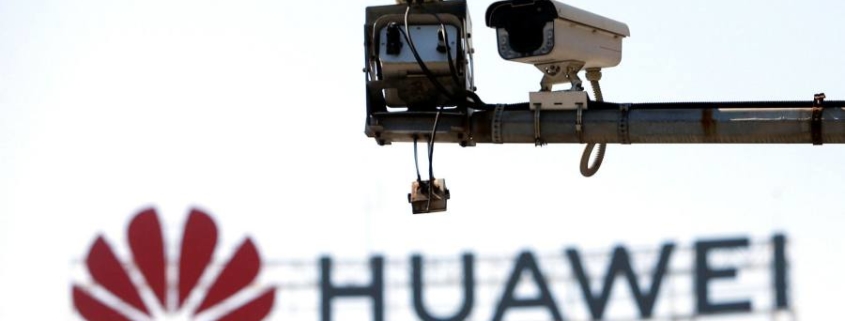Developing countries sign Huawei deals despite US espionage warnings
US warnings of espionage by Huawei are failing to dissuade governments in Africa, Asia and Latin America from hiring the Chinese tech group for cloud infrastructure and e-government services, a study has found.
The report by the Washington-based think-tank CSIS seen by the Financial Times identified 70 deals in 41 countries between Huawei and governments or state-owned enterprises for these services from 2006 to April this year.
Cloud infrastructure usually refers to the installation of data centres, while e-government mainly involves automating administrative functions such as licensing, healthcare, legal records and other government processes.
“Huawei’s cloud infrastructure and e-government services are handling sensitive data on citizens’ health, taxes, and legal records,” according to the study.
“As Huawei carves out a niche as a provider to governments and state-owned enterprises, it is building a strategic position that could provide Chinese authorities with valuable intelligence and even coercive leverage,” added the study.
Most of the countries involved in such deals with Huawei were in sub-Saharan Africa, Asia and Latin America, and 77 per cent of them fell into the categories of “not free” or “partly free”, as rated by Freedom House, a US government-funded democracy watchdog group.
“With a surge in deals announced since 2018, including several announcements during 2020, it is clear that warnings against Huawei’s security risks are not persuading decision makers in developing countries,” the CSIS report, authored by Jonathan Hillman and Maesea McCalpin, said.
“As a cloud infrastructure and service provider, Huawei doesn’t own or control any customer data,” Huawei said in a statement.
“All customer data is owned and fully controlled by our customers.”
“Cyber security and user privacy protection remain Huawei’s top priorities,” the company added.
The US has repeatedly accused Huawei of spying for the Chinese government, sometimes by exploiting telecoms “back doors” in its equipment. Washington has also placed Huawei and many of its affiliates on an “entity list”, restricting the sale of critical technologies such…



